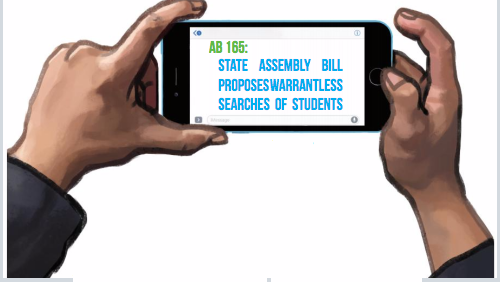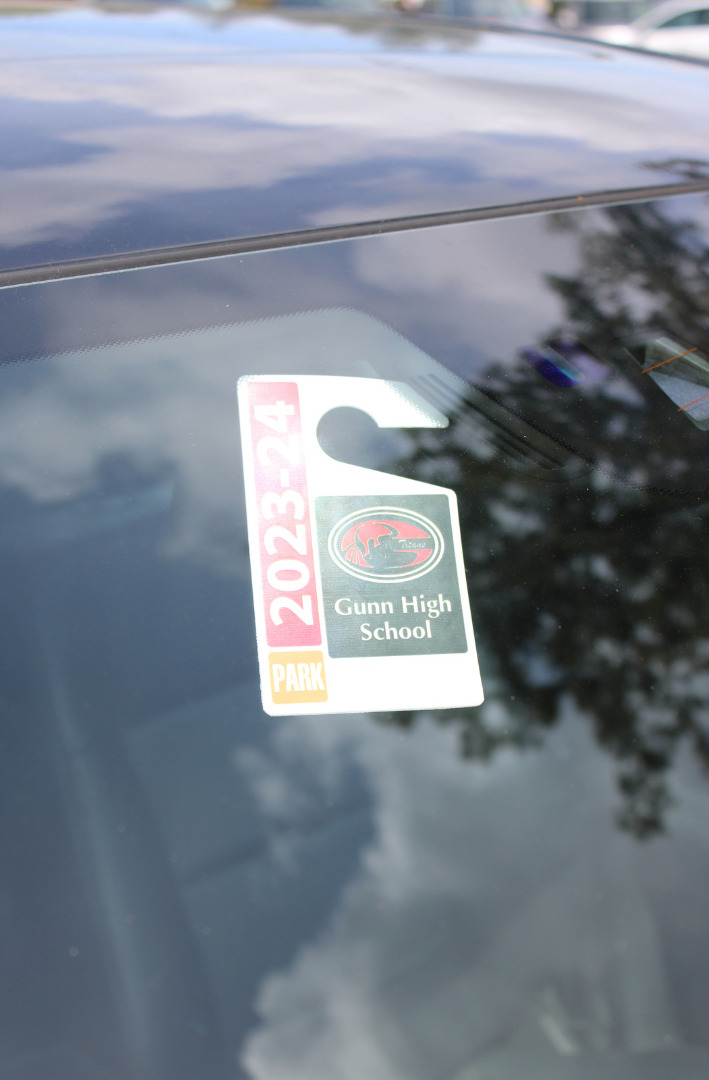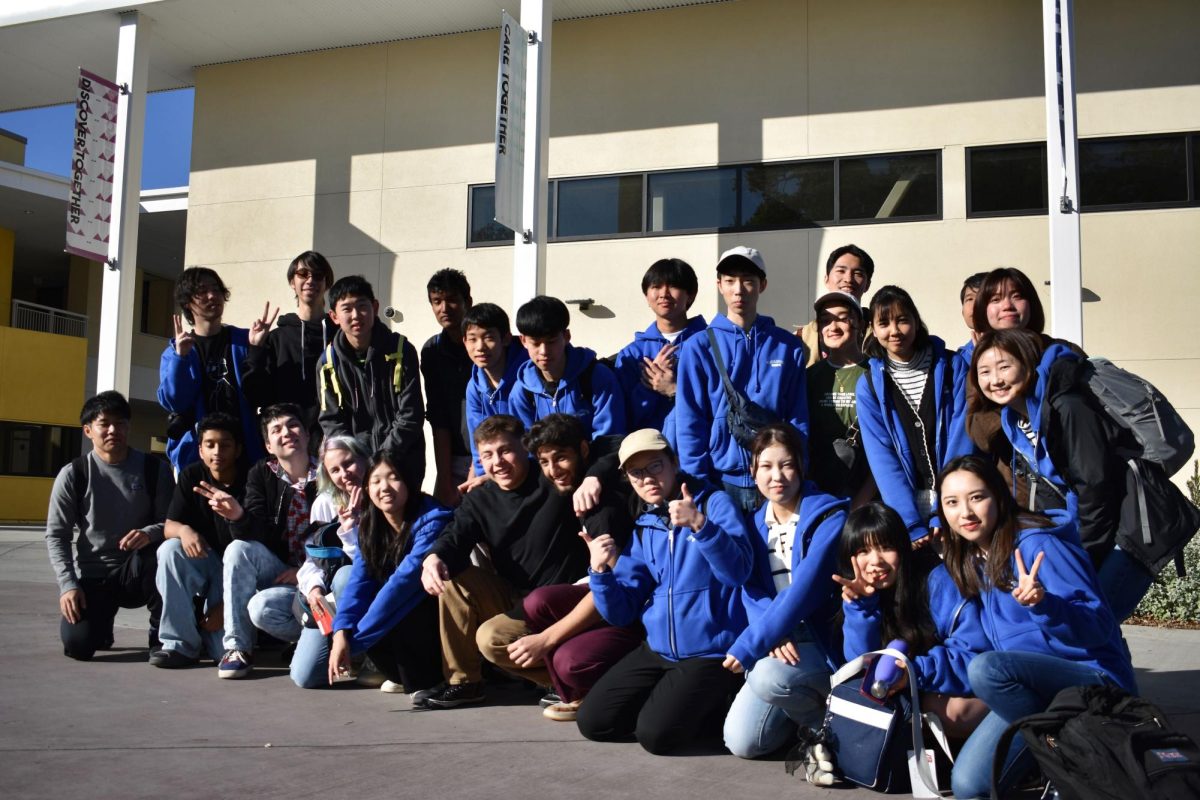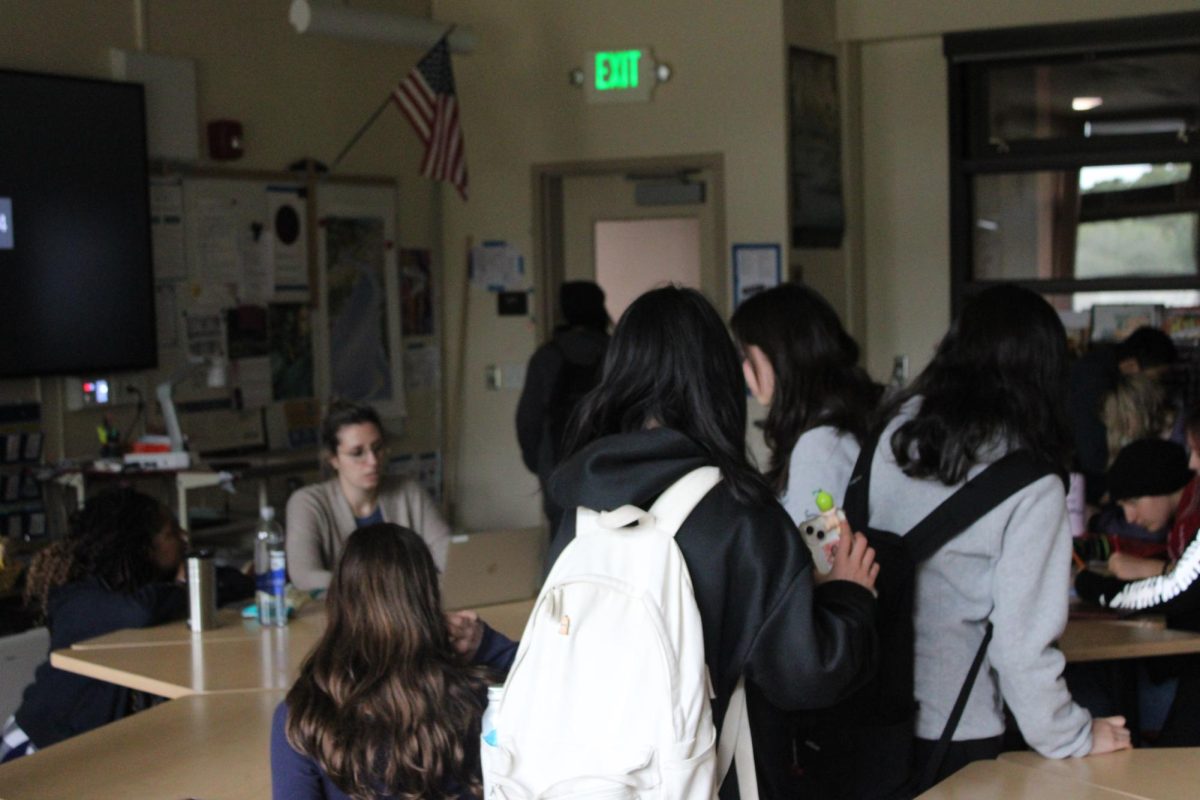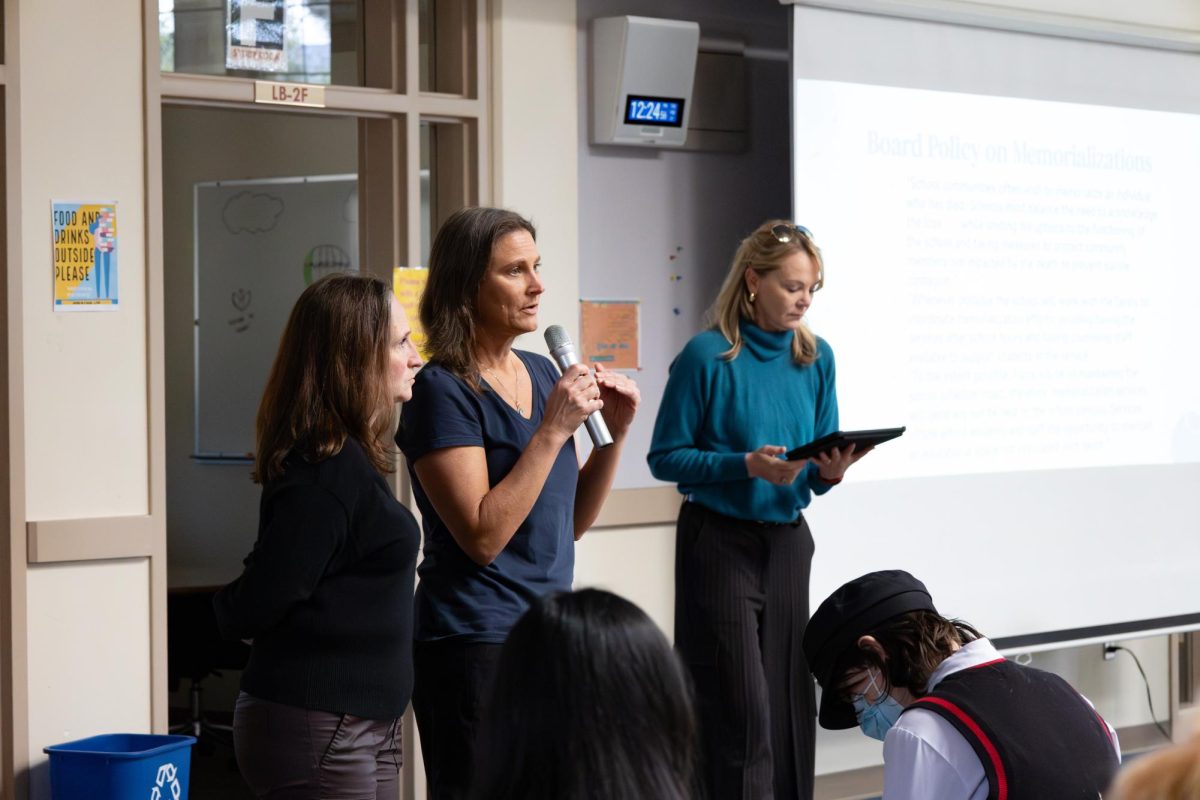Written by Evalyn Li and Andrew Zhao
Proposed by Assistant Majority Leader Jim Cooper of District 9, California State Assembly Bill 165 (AB 165) would exempt local educational agencies from the two-year-old California Electronic Communications Privacy Act (CalECPA). CalECPA says government entities must have a search warrant to access information from electronic devices. AB 165 would allow school districts to access students’ electronics without search warrants; the school could tap into a student’s phone calls and web browsing without warning.
According to Palo Alto Unified School District’s (PAUSD) Communications and Community Engagement Officer Jorge Quintana, the school district adheres to state law and also protects the privacy of its students, parents and employees. “The school district would exercise the power under this law for the safety of its students,” Quintana wrote in an email. “PAUSD administrators can and will search an electronic device during an investigation when there is reasonable belief that a student is not safe in cases such as bullying, cyberbullying, inappropriate content, harassment, etc.”
Gunn’s School Resource Officer Brad Young believes that this legislation is meant to protect students from threats such as cyberbullying. “Admin search[es] students and their property to prevent incidents,” he said. Young also noted that without ability to intercept a student’s communications, perpetrators of these threats can slip away undetected. “If we can’t stop them now, there’s nothing that prevents them from starting all over again,” he said. To facilitate this change, Young suggests that people ask questions and have open discussion about these proposed rules.
Cooper’s legislative aide Tempestt Edward framed AB 165 as a return to the time before the CalECPA in which teachers and administers could more easily discipline students without involving law enforcement. “Before CalECPA, if there was some issue going on at school, say, cyberbullying, if a teacher had reasonable suspicion, they were able to take the phone to see what was going on,” she said. “Since CalECPA was passed into law two years ago, it [became] unclear if schools are able to obtain a student’s phone for discipline purposes.”
Edward says teachers and administrators act in loco parentis, or in the place of the parent on school grounds. “Teachers can’t get search warrants so that’s why they’d have the reasonable suspicion standard in order to take the phone,” she said. “There are instances in which the crimes are not criminal, like school cheating.”
The bill was proposed in January, and its expected time in the legislative process, including going through the Committee of Privacy and Consumer Protection, will last until September 2017. “There’s still talks about amendments,” Edward said. “We haven’t decided anything yet, but that has been raised and we’ll definitely get into that to make it clear what school administrators can and can’t do.”
Assembly Member Marc Berman of District 24, which includes Palo Alto, says that due to over 1,000 bills having been introduced in the last three weeks, he has yet to carefully look into AB 165, but has read the fact sheet provided by Cooper’s office. “I don’t jump to conclusions quickly about a lot of these bills because a lot of the time there needs to be conversation, and the details are not necessarily all available up front about what is theimpact of the legislation and I do think it’s appropriate,” Berman said.
Berman hopes that through the legislation process, many questions of specificity will be addressed and answered. “Who would have this increased authority and what process would they need to go through to prove that their reasonable suspicion is valid,” he said.
According to the Student Press Law Center (SPLC), in a recent article titled “California legislation aims to allow schools to search personal electronic devices,” the ability to search cellphones without warrant surpasses backpack searches into a new territory of finding private details unrelated to the alleged school violation.
SPLC raises the concern that AB 165 could threaten student journalists who inherently need to be in a role of being critical and questioning school authority. “While AB 165 cannot overturn the federal protection, there are concerns that it could cause school or campus police to believe that there is no longer such protection, since there has never been an explicit ruling about how this applies to student journalists,” SPLC stated.
Junior Advait Arun, who is part of the Student Advisory Board to Congresswoman Anna Eshoo, believes that a warrant is required if the school wants to search a person’s phone. “There should be a warrant only because staff shouldn’t just get into other people’s personal property,” he said.
Arun distinguishes between taking phones away and searching phones. “Teachers don’t need warrants to take away your phone and put it in a corner just to keep order in the classroom. But to search the contents of your phone, your backpack or anything like that without any reason whatsoever, I don’t think that’s right seeing it’s your personal property.”
But if there is a need to investigate, the school should quickly get a search warrant according to Arun. “If there is reasonable suspicion for a dangerous device being brought on campus, there should be a lot of cooperation and coordination with law enforcement and school authorities to make that warrant happen.”
Arun also encourages communication between assemblymen and students about AB 165. “I’d urge any assemblymen voting on this bill to actually ask and talk to students about this because we’re smarter than you think.”
Gunn’s technology supervisor Chris Bell says that in most cases, student privacy will not be breached. “As long as students and staff use the network in a way where they are not harming themselves, harming others or accessing content the district is legally required to filter, their privacy is respected and protected.”


